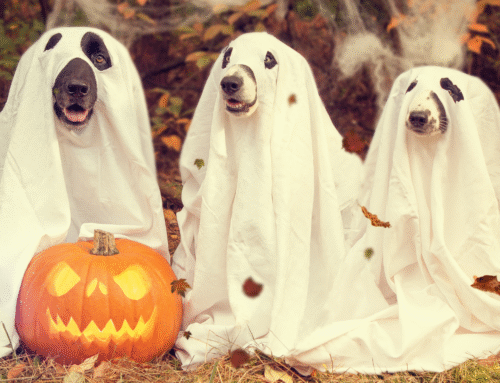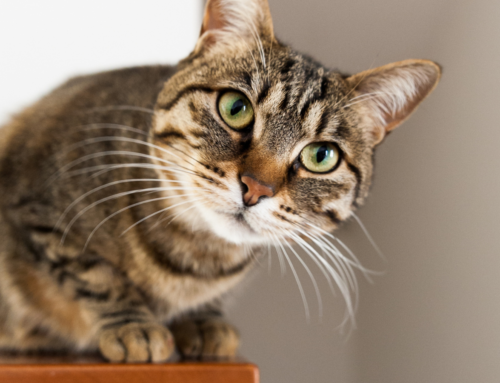It’s normal for pets to groom themselves, but when your dog or cat is obsessively licking or chewing at their paws, it’s a red flag. Many pet owners chalk it up to anxiety or habit, but constant paw chewing often points to something more like allergies, irritants, or hidden infections. The discomfort can affect your pet’s daily life. Elm Grove Animal Hospital takes paw-related issues seriously because healthy paws make for a happy, active pet.
Why Is Your Pet Licking and Biting Their Paws?
Pets use their paws for everything: walking, digging, running, and playing. When something feels off, their first response is usually licking or chewing. While it may provide temporary relief, biting or licking paws often worsens the issue. Unchecked, this behavior can lead to raw skin, secondary infections, and behavioral stress.
Common Culprits Behind Itchy Paws
There are many reasons why your pet may be focusing on their feet.
- Environmental Allergies: Things like pollen, grass, and mold spores stick to paw pads during outdoor time. Pets allergic to these substances may experience itchiness, inflammation, and redness.
- Contact Irritants: Pets can walk through substances like sidewalk de-icers, cleaning chemicals, or lawn treatments, all of which may irritate their skin.
- Yeast and Bacterial Infections: The warm, moist environment between paw pads is the perfect breeding ground for infections, particularly when excessive licking is involved.
- Parasites: Fleas, mites, and ticks often hide in less-visible areas like the toes or in between paw pads. These tiny pests can cause severe itching and inflammation.
- Foreign Objects or Injuries: Even a small pebble, burr, or splinter can cause enough discomfort to provoke persistent licking.
When Is It Time to See the Vet?
Occasional paw licking is normal, but if your pet shows signs like swelling, limping, discoloration, a strong odor, or persistent chewing that causes hair loss or wounds, it’s time to schedule an exam with a veterinarian. These symptoms could indicate an underlying condition that requires professional veterinary care.
When you bring your pet in with paw-related concerns, a veterinarian will perform a physical exam. They may suggest additional testing such as:
- Skin scrapings to rule out parasites
- Cytology to detect yeast or bacteria
- Allergy testing
- Biopsies in chronic or severe cases
How Are Itchy or Inflamed Paws Treated?
Treatment will depend on the reason that your pet has itchy paws in the first place. Medications may be prescribed for infections or diseases, or the veterinarian may discuss changes in diet or environment for allergies. For recurring problems, the vet will discuss a long-term management plan to maintain quality of life for your pet.
How to Care for Your Pet’s Paws at Home
Even when veterinary treatment is necessary, you play a key role in your pet’s comfort.
- Wipe paws with a damp cloth after outdoor play and dry them afterwards.
- Avoid walking on hot pavement, salted roads, or chemically treated lawns.
- Inspect regularly for signs of injury or foreign materials.
- Keep nails trimmed and fur between paw pads neat.
- Use moisturizing paw balms (vet-approved) in dry weather.
Veterinary Care for Itchy Pets in Wheeling, WV
Chronic paw licking or chewing is a symptom of an issue that deserves attention. Elm Grove Animal Hospital diagnoses and treats paw problems in cats and dogs in Wheeling and from neighboring areas like Glen Dale and Bridgeport. With the right treatment plan, your pet can stop licking and start enjoying life again. Contact us to schedule an appointment.




